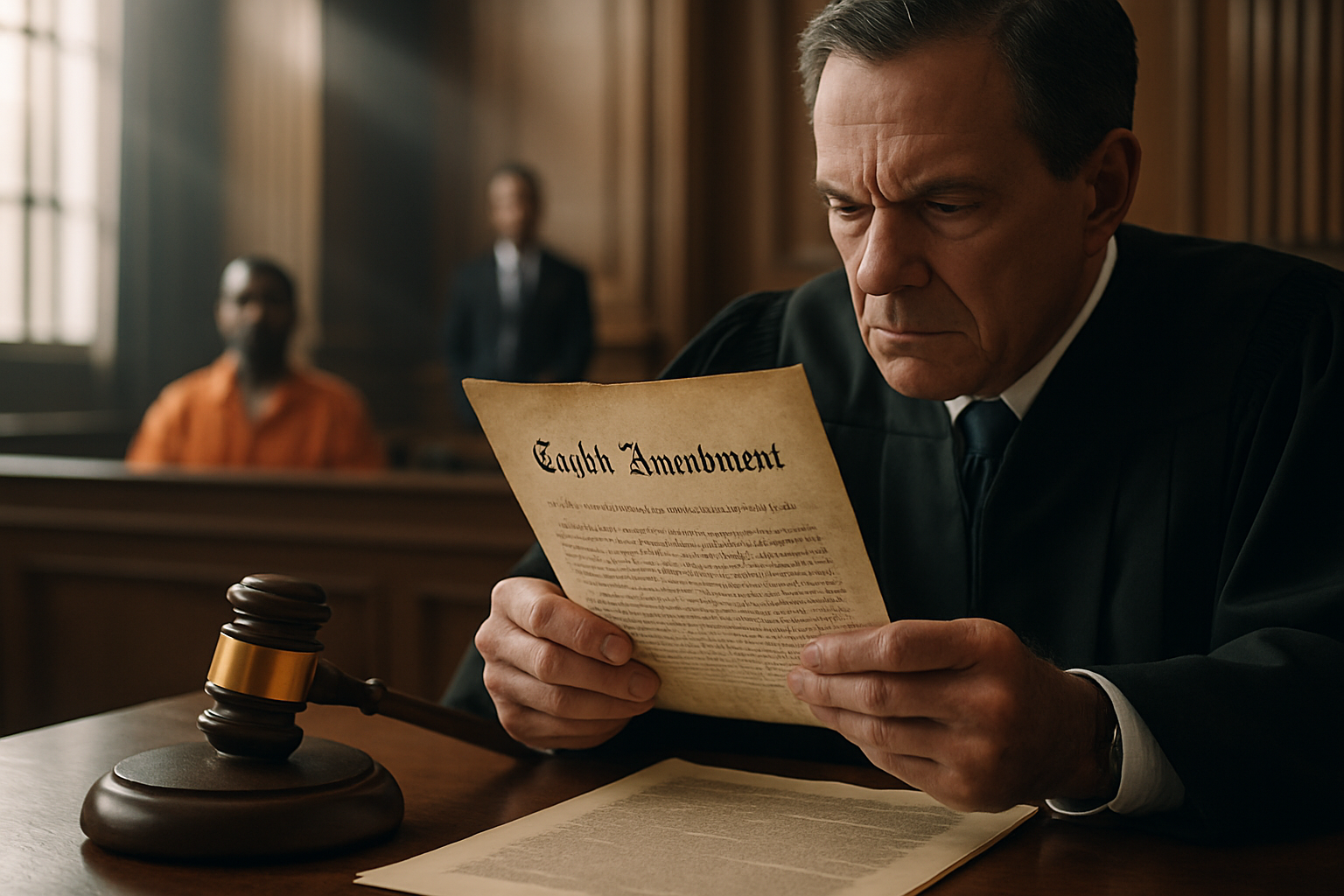Jury Nullification: The Controversial Power of Citizen Jurors
Introduction: In the realm of criminal justice, an often overlooked yet potent concept exists: jury nullification. This controversial legal doctrine allows jurors to acquit defendants based on their personal beliefs, even if the evidence clearly indicates guilt. As we delve into this complex topic, we'll explore its historical roots, legal implications, and ongoing debates surrounding its use in modern courtrooms.

Legal Framework and Constitutional Implications
While not explicitly mentioned in the U.S. Constitution, jury nullification is implicitly protected by the Fifth and Sixth Amendments. These amendments guarantee the right to a jury trial and prohibit double jeopardy, effectively allowing juries to render verdicts without fear of reprisal. However, courts have consistently ruled that while jurors have the power to nullify, they do not have the right to be informed about this power during trials.
Contemporary Applications and Controversies
In modern times, jury nullification has been invoked in various contexts, from civil rights cases to drug prosecutions. Proponents argue that it serves as a critical check on government overreach and allows for the consideration of extenuating circumstances. Critics, however, contend that it undermines the rule of law and can lead to inconsistent application of justice. The debate intensifies when nullification is used in high-profile cases or to challenge controversial laws.
Judicial Responses and Attempts to Limit Nullification
Courts have generally taken a cautious approach to jury nullification, recognizing its existence while attempting to limit its application. Judges routinely instruct jurors to follow the law as given, regardless of their personal opinions. Some jurisdictions have even implemented measures to screen potential jurors who might be inclined towards nullification. These efforts highlight the ongoing tension between preserving jury independence and maintaining legal consistency.
Ethical Considerations for Legal Professionals
The concept of jury nullification presents unique ethical challenges for attorneys and judges. Defense lawyers may be tempted to subtly encourage nullification, while prosecutors must navigate the fine line between arguing for law enforcement and respecting jury autonomy. Judges face the complex task of ensuring fair trials while discouraging overt nullification. These ethical dilemmas underscore the need for ongoing dialogue within the legal community about the role and limits of jury power.
Impact on Public Perception of the Justice System
Jury nullification’s existence and occasional use can significantly influence public perception of the legal system. On one hand, it can foster a sense of citizen empowerment and democratic participation in the judicial process. On the other, it may lead to concerns about arbitrary justice and erode confidence in the consistency of legal outcomes. Understanding and addressing these perceptions is crucial for maintaining public trust in the judiciary.
Future of Jury Nullification in a Changing Legal Landscape
As society evolves and new legal challenges emerge, the role of jury nullification continues to be debated. Some legal scholars advocate for more open acknowledgment of this power, arguing for explicit jury instructions on nullification. Others push for stricter controls to prevent what they see as potential abuses. The ongoing discourse reflects broader questions about the balance between rigid application of law and consideration of individual circumstances in pursuit of justice.
In conclusion, jury nullification remains a complex and contentious aspect of the legal system. Its historical significance, constitutional implications, and potential for both justice and controversy ensure that it will continue to be a subject of intense legal and ethical debate. As the legal landscape evolves, so too will the conversations surrounding this unique power held by citizen jurors.






